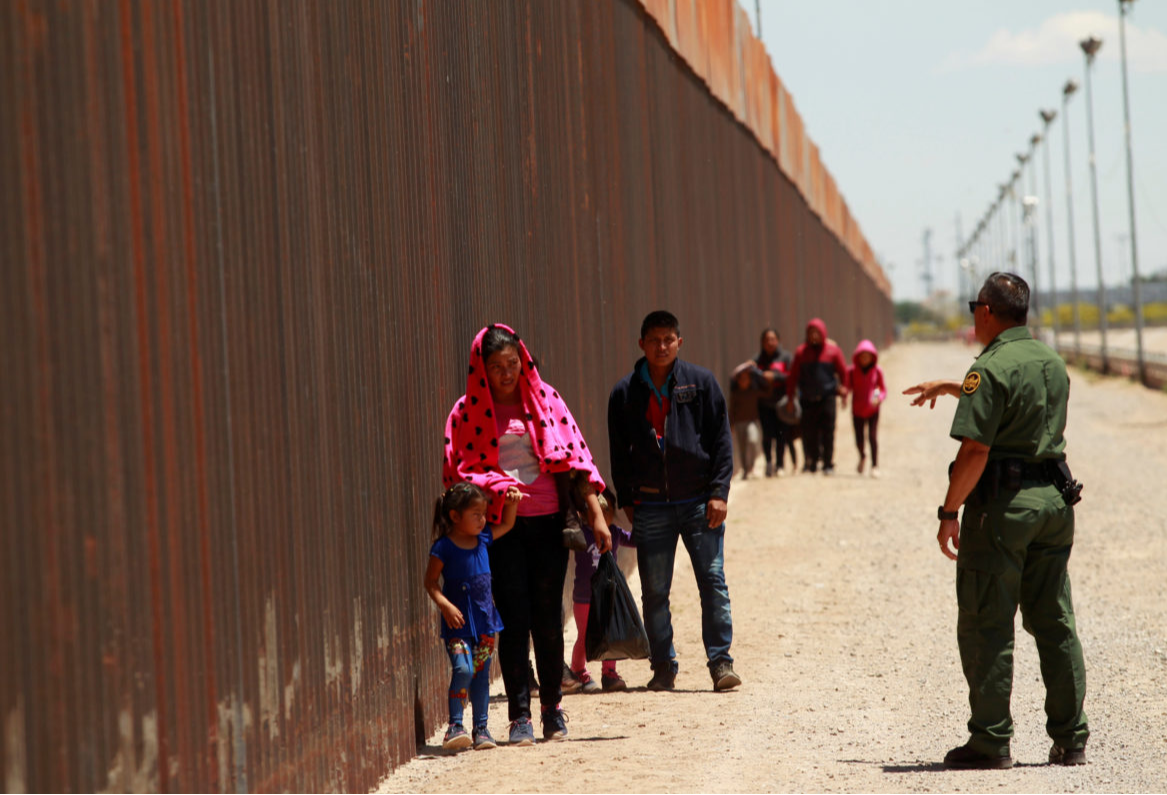
Nassau, December 6 (RHC)-- The Bahamas says it has rejected a proposal from the transition team of U.S. President-elect Donald Trump to take in migrants from other countries who may be deported by the incoming administration.
In a statement on Thursday, the office of Bahamian Prime Minister Philip Davis said the scheme to have the Bahamas accept deportation flights “was reviewed and firmly rejected." “The Bahamas simply does not have the resources to accommodate such a request,” Davis’s office said.
“Since the Prime Minister’s rejection of this proposal, there has been no further engagement or discussions with the Trump transition team or any other entity regarding this matter. The Government of The Bahamas remains committed in its position.”
Donald Trump, who won last month’s U.S. presidential election and will take office on January 20yth, has promised to carry out the “largest deportation operation” in the country’s history.
The proposed effort has spurred condemnation from rights advocates and raised questions about the feasibility of removing millions of undocumented immigrants from the country.
The Department of Homeland Security estimates 11 million “unauthorised” people lived in the U.S. as of 2022. The Bahamas census for the same year shows the country has less than 400,000 people total.
Trump’s deportation plans will also likely test the limits of his power as president, as any “mass deportation” would involve legal challenges and cooperation with foreign governments.
Citing three unnamed sources, NBC News reported earlier on Thursday that Trump’s team was preparing a list of countries that it could send migrants to should their home countries not agree to take them back.
The list included the Bahamas, Turks and Caicos Islands, Panama and Grenada, the sources told the U.S. news outlet.
In 2019, during Trump’s first term as president, the US signed a deal with Guatemala forcing asylum seekers who transited through the Central American country on their way to the US-Mexico border to first apply for protection there.
The so-called “safe third country” agreement allowed the Trump administration to deport people from third countries, such as Honduras and El Salvador, to Guatemala. It remains unclear whether any countries will agree to take in deported, third-country migrants and asylum seekers when Trump takes office again in January.
Last month, the American Civil Liberties Union (ACLU) of Southern California sued US Immigration and Customs Enforcement (ICE) to obtain records revealing how the agency’s deportation flights could be expanded to carry out a mass deportation programme.
“Little is known about how President-elect Trump would carry out its mass deportation agenda, but what we do know is that this proposal has already instilled fear among immigrant communities,” Eva Bitran, director of immigrants’ rights at the ACLU chapter, said in a statement.
“The public has a right to know how its taxpayer dollars could be used to fund deportation flights that would tear apart not only families, but also our communities.”
Meanwhile, Trump continues to promote his hardline immigration policies, threatening last month to impose 25-percent tariffs on Mexico and Canada “until such time as Drugs, in particular Fentanyl, and all illegal Aliens stop this Invasion of our Country!”
Canada has since promised to bolster border security while Mexico — which has already been carrying out a crackdown on migrants and asylum seekers trying to reach the US — made the largest fentanyl seizure in its history this week.
During a news conference on Thursday, Mexican President Claudia Sheinbaum said she hoped to reach a deal with the Trump administration so that Mexico would not have to take in third-country deportees.
“We hope to reach an agreement with the Trump administration so that, in case these [massive] deportations happen, they send people from other countries directly to their countries of origin,” she said. Mexico, she added, was “in solidarity with everyone, but our main purpose is to receive Mexicans.”
[ SOURCE: AL JAZEERA and NEWS AGENCIES ]

